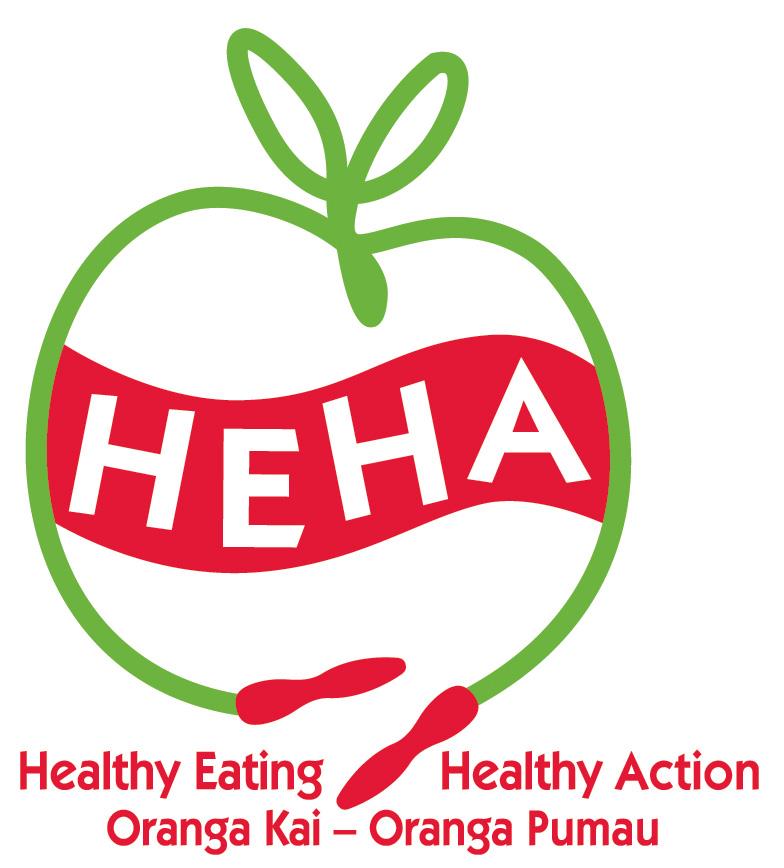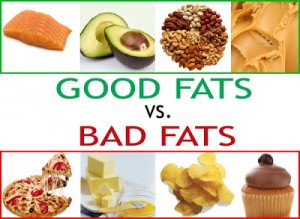Professor Tony Blakely.
A clever study just published in the Bulletin of the World Health Organization has analyzed how changes in fast food transactions per capita within 25 high-income countries was associated with changes in body mass index (BMI). The change-change analysis is important, as it addresses confounding bias that plagues many studies. The study found that an increase of 10 fast food purchases per person per year is associated with increases in BMI by 0.33 units (or 1 kg for an average height person). Of note, the increase of 10 fast food purchases per person per year was exactly that observed for NZ during the 1999 to 2008 period covered by this study. Continue reading






